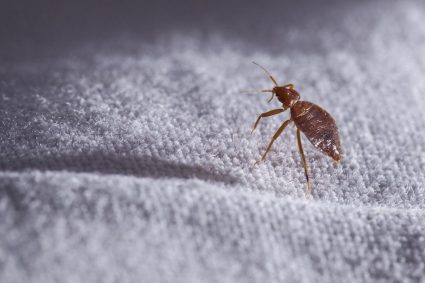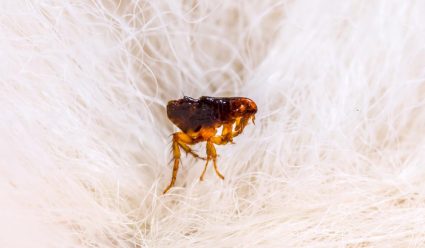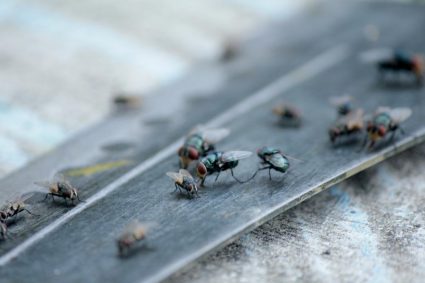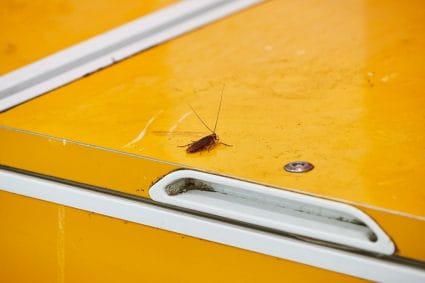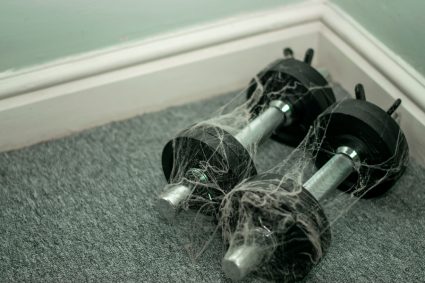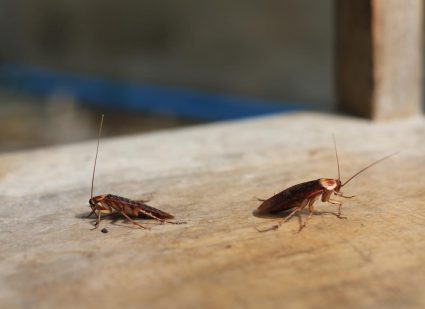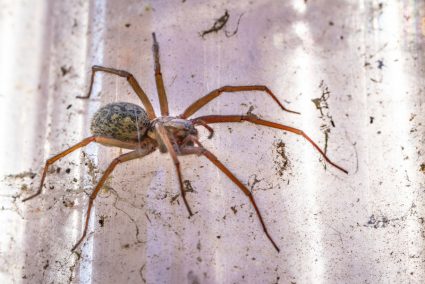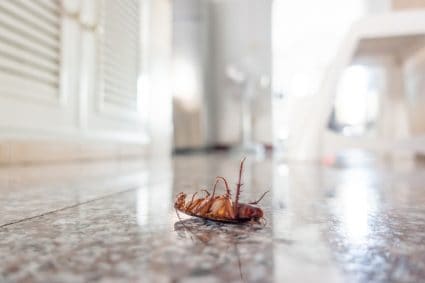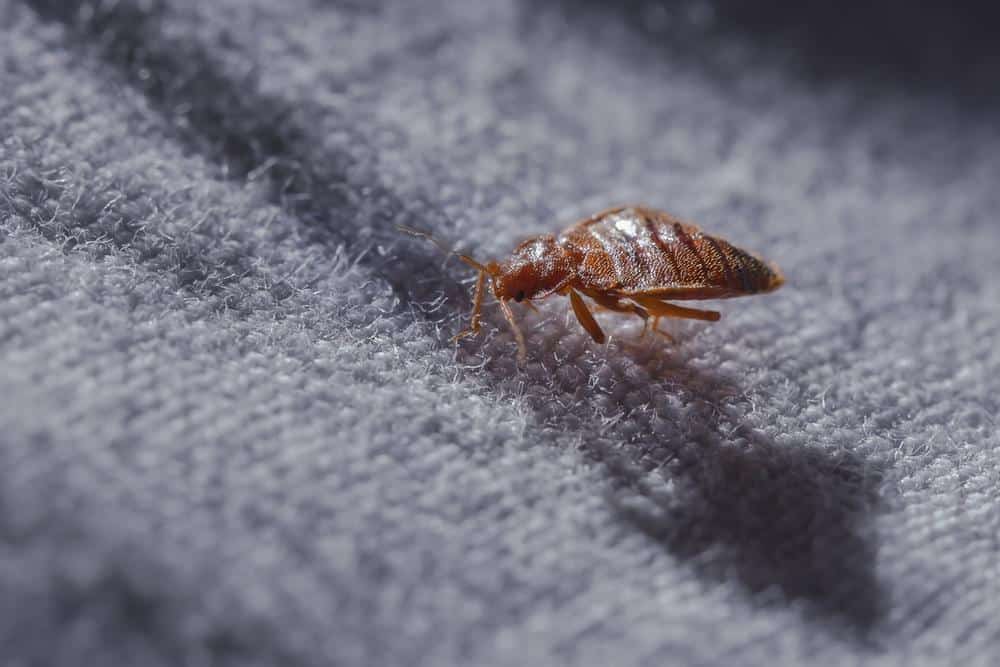
Bed bugs are a common household pest known for their resilience and adaptability. They can survive in a wide range of conditions, making them a particularly challenging pest to control. One question often asked is, “Does rain kill bed bugs?” The answer is not as straightforward as one might think.
Rain does not directly kill bed bugs. Bed bugs are indoor pests and are not significantly affected by outdoor weather conditions, including rain. They are more influenced by temperature and humidity levels. While high humidity levels can reduce their survival, they can float on water for several days, although they cannot survive submerged in water for extended periods. Therefore, while rain might indirectly affect bed bugs, it does not directly kill them.
The Impact of Rain on Bed Bugs
Rain does not directly kill bed bugs. These pests are primarily indoor dwellers, living in close association with human dwellings and feeding on human blood. They are not significantly affected by outdoor weather conditions, including rain. While they can survive outdoors for short periods, they will eventually die or seek refuge in a home if their outdoor hiding spot is compromised, such as by rainwater filling their hiding place.
Bed bugs are more affected by temperature and humidity levels than by rain. They can survive in various temperature and humidity conditions, but high humidity levels above 70% can lead to reduced survival. Despite this, rainwater itself does not directly affect bed bugs. They can float on water for several days as long as they are not pushed beneath the surface, but they cannot survive submerged in water for extended periods.
Rain and Bed Bug Behavior
Rain does not have a direct impact on bed bug behavior or movement. Bed bugs are not strong swimmers and can only float on water for a few days. However, they are not resistant to the effects of rain or other natural elements. Despite this, rain is unlikely to have a significant impact on their behavior and movement since they are well-adapted to indoor living and are not dependent on outdoor conditions.
The Indirect Effects of Rain on Bed Bugs
A rainy environment can indirectly affect bed bug populations. High humidity levels resulting from rain can be detrimental to bed bugs, leading to reduced survival. Moreover, rainy environments can create conditions that attract other pests, such as termites, silverfish, and earwigs, which do not have a direct impact on bed bug populations.
Some natural predators of bed bugs, such as cockroaches, ants, and spiders, may find rainy environments favorable. However, these predators are unlikely to significantly impact bed bug populations since they are either pests themselves or dangerous to humans.
Scientific Studies on Bed Bugs and Rain
There is currently no direct scientific evidence linking rain to the reduction or increase of bed bug infestations. Bed bug infestations are primarily influenced by human activities, such as travel and living conditions, not weather patterns.
Bed Bug Control and Prevention
Regardless of weather conditions, there are several best practices for bed bug control and prevention:
- Identify the presence of bed bugs: Make sure you’re dealing with bed bugs and not other insects.
- Don’t panic: Stay calm and consider your treatment options.
- Use Integrated Pest Management (IPM): This includes vacuuming, steaming, freezing, heat treatments, and pesticides when necessary.
- Reduce hiding places: Clean up clutter to minimize hiding spots for bed bugs.
- Inspect secondhand furniture: Check for signs of bed bug infestation before bringing items into your home.
- Use protective covers: Encase mattresses and box springs to eliminate hiding spots.
- Regular vacuuming: This can help get rid of some bed bugs.
- Seal cracks and crevices: Use caulk to seal any gaps where bed bugs could hide.
- Launder bedding and clothing: Wash and dry items at high temperatures to kill bed bugs.
- Be cautious when traveling: Inspect your luggage and hotel rooms for bed bugs.
- Avoid picking up furniture from curbs or dumpsters: This can help prevent bringing bed bugs into your home.
- Seek professional help: If necessary, hire a professional pest control service to help with bed bug treatment.
Conclusion
While rain does not directly kill bed bugs, the indirect effects of rain, such as increased humidity, can influence their survival. However, the most effective way to control and prevent bed bug infestations is through diligent practices and, if necessary, professional pest control services. Bed bugs are a year-round problem that requires constant vigilance and a multi-faceted approach to control.
Frequently Asked Questions
How long can bed bugs survive without feeding?
Bed bugs can survive for several months without feeding, although they typically seek a blood meal every five to ten days.
Can bed bugs spread disease?
According to the Centers for Disease Control and Prevention (CDC), bed bugs do not spread disease. However, their bites can cause itchiness, allergic reactions, and disturb sleep.
Can bed bugs travel on clothing?
Yes, bed bugs can hitch a ride on clothing, luggage, furniture, and other items. This is one of the primary ways they spread from place to place.
Can bed bugs infest a car?
Yes, bed bugs can infest cars if they are brought into the vehicle on infested items or people. They can hide in the seats, upholstery, and even the glove compartment.
Are bed bugs more common in certain types of housing?
Bed bugs can infest any type of dwelling, but they are more common in multi-unit buildings like apartments and hotels, where they can easily move from one unit to another.
Can bed bugs bite pets?
While bed bugs prefer to feed on humans, they can bite pets if a human host is not available. However, they do not live on pets like fleas or ticks do.
Can bed bugs fly?
No, bed bugs cannot fly or jump. They move by crawling.
Are there natural remedies for bed bugs?
Some natural remedies, such as diatomaceous earth and essential oils, are touted as effective against bed bugs. However, their effectiveness is not scientifically proven, and they are unlikely to fully eliminate an infestation. Professional treatment is usually required.

